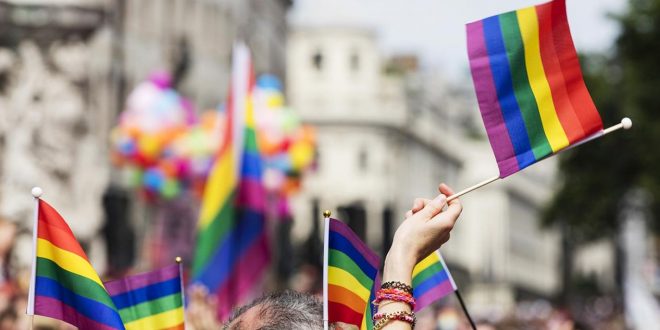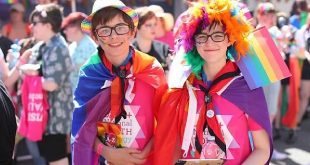Aging is a natural process that affects individuals from all walks of life. However, the experiences of aging can vary greatly depending on one’s identity and community. In recent years, there has been a growing recognition of the unique challenges faced by LGBTQ+ (lesbian, gay, bisexual, transgender, and queer/questioning) individuals as they age. This article aims to explore the issues surrounding LGBTQ+ aging, highlight the importance of specialized services, and discuss the need for inclusive and affirming care.
I. Challenges Faced by LGBTQ+ Older Adults
- Discrimination and Stigma: LGBTQ+ older adults often face discrimination and stigma due to their sexual orientation or gender identity. This can manifest in various forms, including denial of services, social exclusion, and maltreatment within healthcare settings. Such experiences can have a profound impact on the mental and physical well-being of LGBTQ+ older adults.
- Social Isolation: LGBTQ+ older adults are more likely to experience social isolation and loneliness compared to their heterosexual and cisgender counterparts. Many have faced rejection from their families of origin or have lost their chosen families due to the HIV/AIDS epidemic. Limited social networks and lack of community support can contribute to a higher risk of depression, anxiety, and other mental health issues.
- Health Disparities: LGBTQ+ older adults often experience health disparities, including higher rates of chronic conditions, substance abuse, and mental health disorders. These disparities can be attributed to a range of factors, such as minority stress, lack of culturally competent healthcare providers, and barriers to accessing appropriate care.
II. Specialized Services for LGBTQ+ Older Adults
- LGBTQ+ Cultural Competence: Service providers and healthcare professionals need to be trained in LGBTQ+ cultural competence to understand the unique needs and experiences of this population. This includes knowledge of LGBTQ+ history, terminology, and awareness of the specific challenges faced by LGBTQ+ older adults.
- Safe and Affirming Spaces: Creating safe and affirming spaces is crucial for LGBTQ+ older adults to access services without fear of discrimination or judgment. This can be achieved by implementing inclusive policieis, trainng staff on LGBTQ+ issues, and prominently displaying affirming symbols and language.
- Social Support and Community Engagement: LGBTQ+ older adults can benefit greatly from social support networks and community engagement opportunities. Community centers, support groups, and LGBTQ+-specific events can provide a sense of belonging, combat social isolation, and foster a supportive environment for aging individuals.
III. Inclusive and Affirming Care
- Person-Centered Care: Person-centered care focuses on tailoring healthcare services to meet the unique needs and preferences of each individual. LGBTQ+ older adults should be involved in their care decisions and have access to comprehensive, culturally competent healthcare that addresses their specific concerns.
- Mental Health Support: Mental health support is vital for LGBTQ+ older adults, given the increased risk of depression, anxiety, and suicidal ideation. Mental health professionals should be knowledgeable about LGBTQ+ issues and provide a safe and supportive space for individuals to address their mental health needs.
- Advocacy and Policy Change: Advocacy efforts are essential to address the systemic issues affecting LGBTQ+ older adults. This includes advocating for anti-discrimination laws, policies that protect LGBTQ+ rights, and increased funding for LGBTQ+ aging programs and services.
LGBTQ+ older adults face unique challenges related to discrimination, social isolation, and health disparities. It is crucial to develop specialized services and care that address the specific needs of this population. By creating inclusive and affirming environments, training healthcare providers, and advocating for policy change, we can ensure that LGBTQ+ older adults receive the support and care they deserve as they age. It is our collective responsibility to foster a society that values.
Disclaimer: This article contains personal opinions and perspectives of the author.
 Lesbian, Gay, Bisexual, Transgender & Intersex News Lesbian News, Gay News, Bisexual News, Transgender News, Intersex News, LGBTI News
Lesbian, Gay, Bisexual, Transgender & Intersex News Lesbian News, Gay News, Bisexual News, Transgender News, Intersex News, LGBTI News




